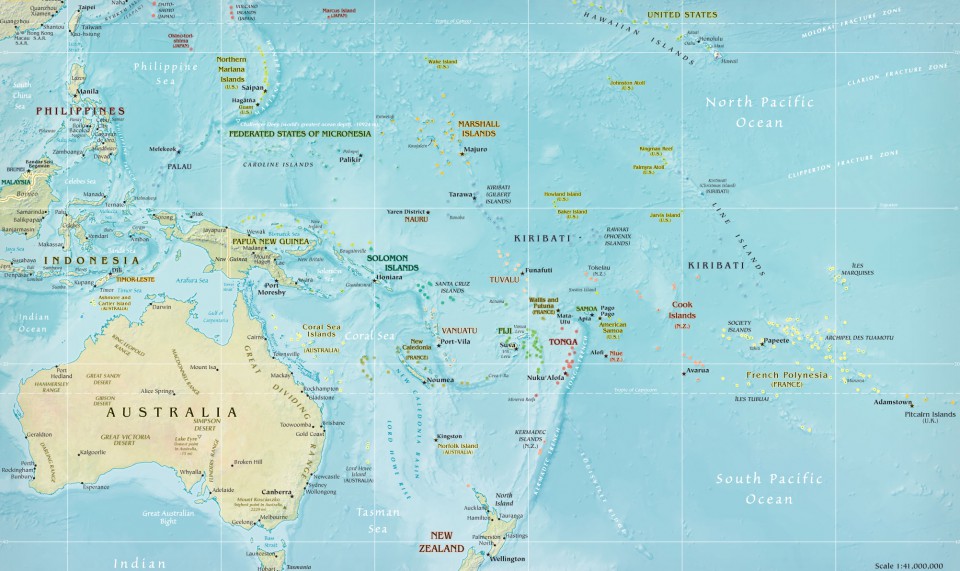It is rather widely known that Freud and his family escaped from Nazi Germany in 1938 after intense lobbying by the Psychoanalyst, Ernest Jones. There was some delay when Freud’s visa was turned down by the Nazis but clearly most of the family made it out of the place, arrived in England and settled in the Hampstead/ Camden/Belsize Park area. It appears that at this time other Jewsih families who made it out of Germany settled there too. My husband’s grandmother was one of them.
It has been interesting to observe that Freud’s journey from Germany to England was followed closely by the Australian Press. Psychoanalysis by 1938 had assumed such a significant place in Australian culture. The name ‘Freud’ was significant enough for readers to care enough to follow the proposal to rescue Freud, but experienced the uncertainty of the project, the alarm and panic that he might not make it and the relief and joy that he did. His progress is recorded in a series of cables republished published in newspapers from places as far afield as Broken Hill, Cairns and Kalgoorlie as well as the state capital cities as it happened. The Nazis could have stopped Freud at the last minute. But perhaps they let him through because they were not ready for war. Yet. A year later after war had been declared there was the delight, after Freud’s death on 25th September 1939, when it was discovered that the family had tricked the Nazis and smuggled their money, books and chattels too. Anything that revealed the weakness of the Nazi regime was to be eagerly consumed.
It is easy to gloss over the other story – about the failure of the British, the French and other nations to recognise and act upon the dire situation facing German Jews at this time, particularly after Kristallnacht on November 9, 1938. Jewish people were told by the authorities they could leave the country- provided they could gain visas from their destination country. Almost impossible. During the Evian Conference called during the summer months of 1938 by President Roosevelt, delegates from thirty two countries rose to express sympathy for the German Jews but upheld refugee quotas set in 1924.
During the days following Kristallnacht the Manchester Guardian reported a run on the British and American Embassies by Jewish people seeking visas out of the country. They were knocked back. Perhaps students were allowed out; perhaps women and children or people who had relatives in other places. It appears that men were refused visas. There is a small body of literature about this including Louise London’s 2001 book, Whitehall and the Jews published by Cambridge University Press and Martin Gilbert’s Kristallnachtfrom where I gathered the information about the refusal to issue visas in the days that followed.
Freud was an exception, a special case – along with a few others. Those who did not get out eventually perished in the death camps. One was not to know that then. Obviously Ernest Jones was a skilled operator and hard worker who acted in desperate, desperate times, lobbying a government reluctant to act if not crippled with intransigence and fears of the economic burden and impact of a large number of refugees. ( It is a familiar story). There is, of course, the Kindertransporte, the rescue of thousands of Jewish children from Germany; an event heroic in itself but which blurs the deeper complexity of the relationship between the British and other Governments with a people facing almost certain death from people they had once regarded as their countrymen. The betrayal is huge: we can see this now.
Half a world away, in the Antipodes, Jones’s work was not only applauded but resulted in the development of the Australian psychoanalytic scene through the 1940 arrival in Melbourne of Hungarian woman Clara Geroe who became Australia’s first training analyst and, in Sydney Bondi Peto, also from Hungary. Had Jones not been successful, of course, Freud and Anna Freud as well as the rest of the family may well have perished – along with others who were also able to migrate through his efforts. What other talent that perished we will not know.

Freud’s escape was a victory for humanity against the Nazis’ bestiality. Shame on those countries which refused visas to countless Jews facing certain death.